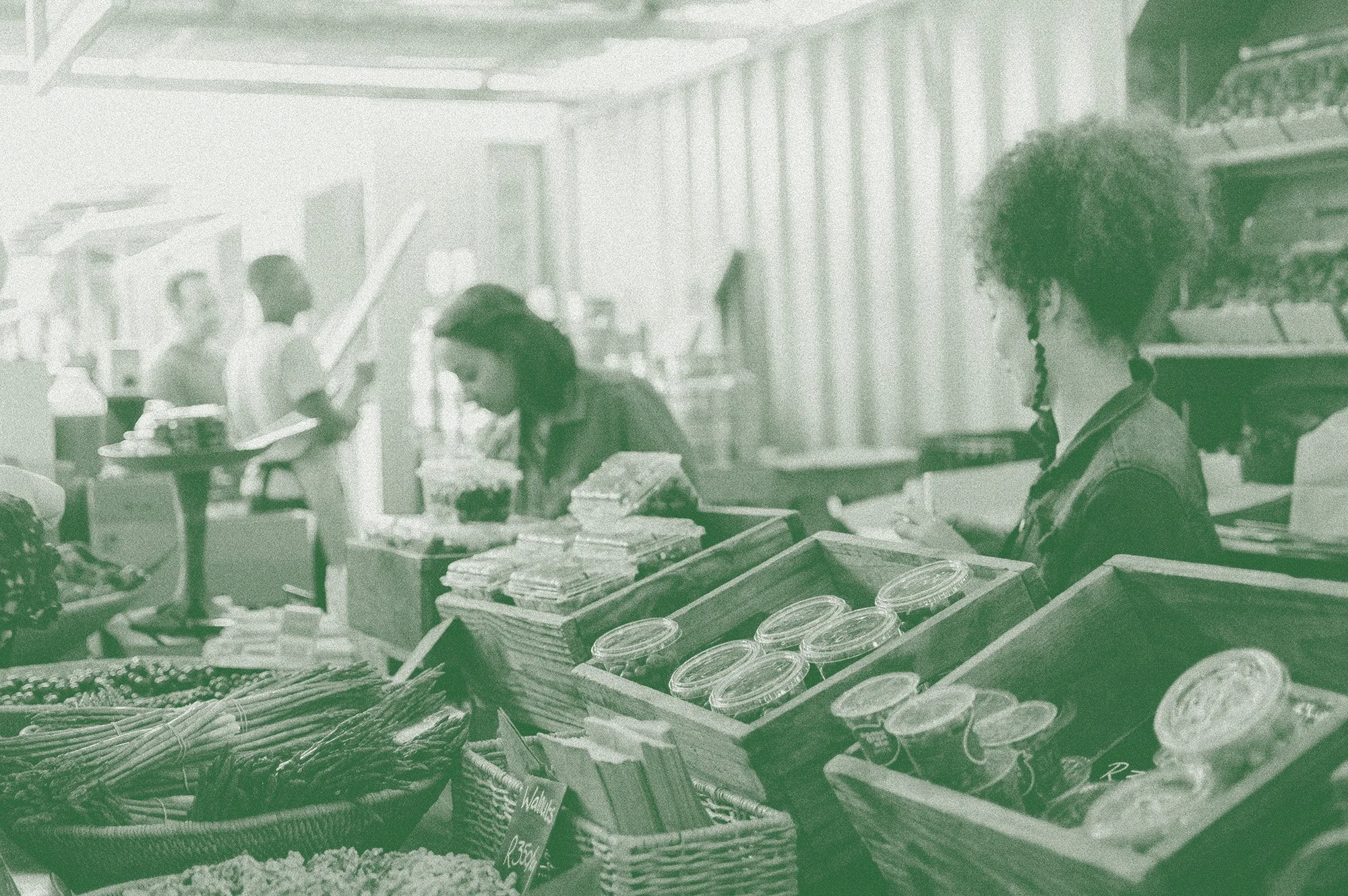Heritage Omaha is collaborating with Project for Public Spaces to study the potential of a year-round, indoor, nonprofit public market at The RiverFront in downtown Omaha.
A public market could create vibrant community space, support local small businesses and start-ups, and feature fresh, prepared, and specialty foods as well as arts, crafts, and other local goods.

Your Market. Your Voice.
In early summer, project partners invited the public to share feedback about how a public market could best support the community through interactive workshops and surveys for both community members and aspiring vendors, including food entrepreneurs, farmers, and artisans. Thank you to the thousands of people who participated! Your feedback is helping to shape a market concept that feels uniquely ‘Omaha.’
The potential public market site is located at 8th and Farnam streets along The RiverFront’s Heartland of America Park, near the Skate Ribbon and the Farnam Promenade.
What is a Public Market?
A public market offers locally owned and operated businesses a central place to sell a variety of goods, including fresh and prepared foods. Public markets are set apart from other types of retail, such as grocery stores, by a few key criteria:
Having public goals, or clear and tangible ways they aim to benefit their local communities;
Operating in a public space, or creating a public space, so they provide inclusive places for the community to gather; and
Serving locally owned and operated businesses, which feeds money back into the local economy while creating low-risk opportunities for entrepreneurs and small businesses.
To learn more about public markets, please visit Project for Public Spaces’ website.


